Dentists typically treat gum disease in a few different ways, depending on how serious the condition is. More advanced gum disease will require more intensive therapy than mild gum disease. Prevention matters too. Regular dental check-ups and cleanings remove plaque and tartar that cause gum disease and lower your risk of developing it in the first place.
Why are my Gums Receding?
Receding gums is often a sign of underlying gum disease, although smoking and improper brushing can also cause gum recession. If you notice your gums are receding, see your dentist for an evaluation. If they suspect you have periodontal disease, they may refer you to a periodontist for further evaluation and treatment. Fortunately, there are treatments available that will help you enjoy a healthier smile.
Treating Gum Disease
What is Gingivitis?
Gingivitis is a gum disease that results in the inflammation of the gums, or the gingiva, which is the area of the gum that directly surrounds the teeth. It can be painful, annoying to deal with, and if left untreated, can lead to a more serious disease called periodontitis which can result in tooth loss. Gingivitis is both easy to recognize and easy to prevent.
Five Warning Signs of Gum Disease you Shouldn't Ignore
How to Relieve Gum Pain
Pain in your gums can be caused by health issues ranging from minor to major, so it is very important that you know the exact cause of your gum pain. On the minor end, gum pain can be caused by brushing incorrectly or eating food that was too hot, while on the major end, your gum pain could be caused by gum disease or oral cancer. If you are unsure of the exact nature of your pain, be sure to visit your dentist for a full diagnosis.









